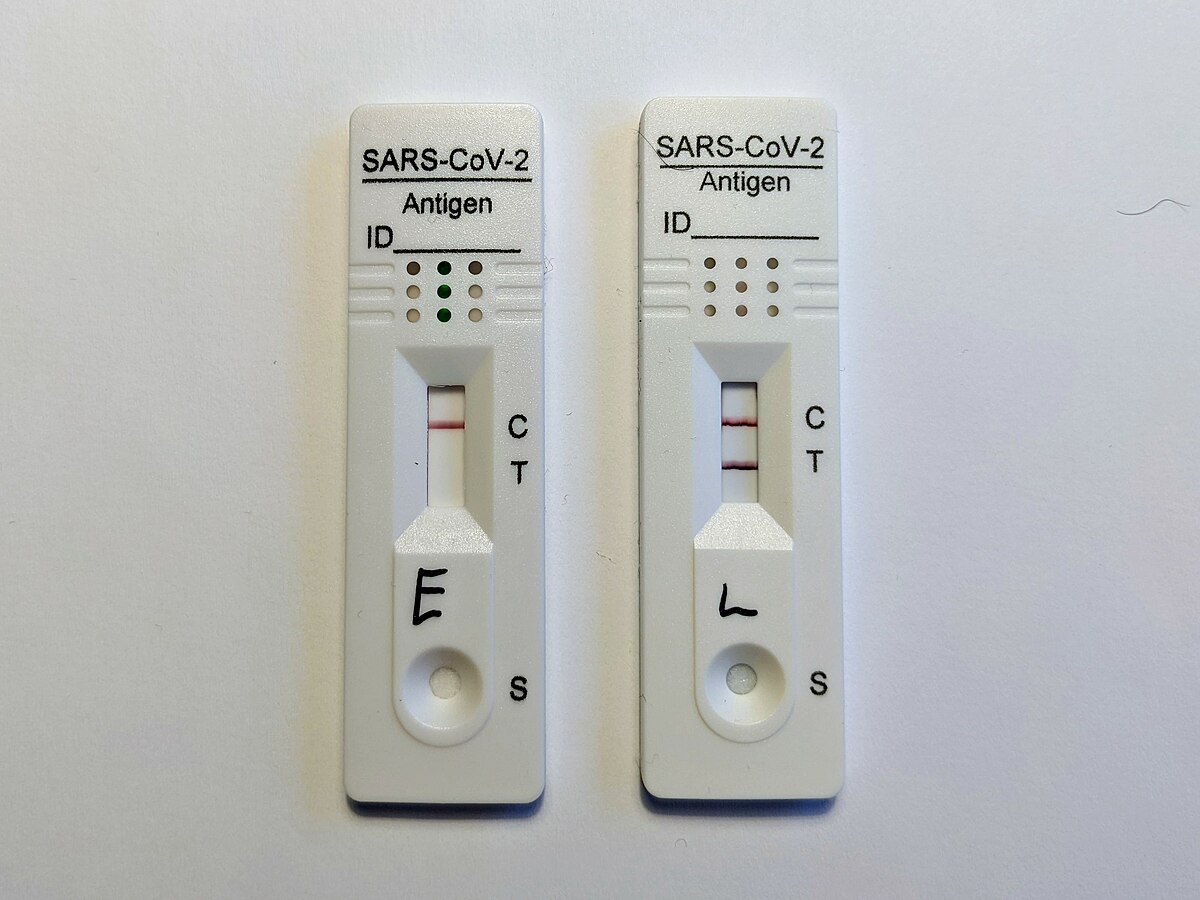As international travel continues to reopen, many travellers are eager to know the latest vaccination requirements for popular destinations such as Greece. The ongoing pandemic has resulted in varying entry protocols for different countries, making it essential for tourists to stay updated and well-informed.
For those planning a visit to Greece, it is important to be aware of the current entry requirements. As of now, COVID vaccination certificates are not mandatory for entry into the country. Greece has also abolished the need to show proof of vaccination or Covid recovery for visitors entering the nation.
This ease in restrictions allows more people to travel to Greece and enjoy the beautiful landscapes and historical sites the country has to offer. However, it is crucial for visitors to continue monitoring the ever-changing situation and adhere to any local rules and guidelines for a safe and seamless travel experience.
Vaccination Requirements for Traveling to Greece

Fully Vaccinated Travelers
Fully vaccinated travellers can enter Greece without the need for a COVID-19 test or quarantine. There is no requirement to show proof of vaccination or recovery from COVID-19 upon arrival in the country. It is important, however, to have valid travel documents and follow any additional guidelines or protocols set by the Greek authorities.
Unvaccinated or Partially Vaccinated Travelers
Unvaccinated or partially vaccinated travellers are also allowed to enter Greece. Like fully vaccinated travellers, these individuals are no longer required to display a valid certificate of vaccination, recovery, or evidence of a negative test result for SARS-CoV-2 infection (PCR or Rapid Antigen test). Please ensure that you have the necessary travel documents and adhere to any other requirements imposed by the Greek government during your stay.
Entry Protocols for Different Categories of Travelers

EU and Schengen Area Citizens
Travelers from EU and Schengen Area countries can enter Greece without the need for vaccination. However, they must present a valid digital COVID certificate or a negative PCR test taken within 72 hours before arrival. Alternatively, travelers can also provide proof of recovery from COVID-19 dating no more than 180 days prior to their arrival in Greece.
It is also important for travellers to complete a Passenger Locator Form (PLF) at least 24 hours before entering the country. This form allows Greek authorities to contact travellers in case of any health emergencies or necessary contact tracing efforts.
Non-EU and Schengen Area Citizens
For non-EU and Schengen Area citizens, Greece requires travellers to be fully vaccinated with an approved vaccine at least 14 days before entering the country. They must present a valid vaccination certificate, which includes details such as the type of vaccine and the date of administration.
Alternatively, non-vaccinated travellers from these countries can also enter Greece if they provide a negative PCR test taken within 72 hours before arrival or a negative rapid antigen test taken within 48 hours before arrival. Just like EU and Schengen Area citizens, they are also required to complete a Passenger Locator Form (PLF) at least 24 hours prior to their arrival.
Please note that entry protocols may be subject to change based on the evolving global health situation. Travellers are advised to monitor the latest recommendations from their government and health authorities.
Additional Health and Safety Measures

PCR Testing
Before traveling to Greece, all passengers must provide a negative PCR test result taken within 72 hours before their scheduled arrival. This requirement applies to both vaccinated and non-vaccinated travelers. Additionally, upon arrival, travelers may be subject to random testing as part of Greece’s ongoing health and safety measures.
Passenger Locator Form
All travellers entering Greece are required to complete a Passenger Locator Form (PLF) at least 24 hours before their departure. This form collects essential information to help Greek health authorities trace contacts in case of a COVID-19 incident. Upon completion, travellers receive a QR code, which they must present upon arrival in Greece.
Quarantine Rules
Currently, Greece does not enforce a general quarantine requirement for travellers who have been fully vaccinated or present a negative PCR test result. However, should a traveller test positive for COVID-19 upon arriving in Greece, they must follow the country’s quarantine guidelines. These typically involve isolating for a specific period, as required by the Greek health authorities.
Planning Your Trip to Greece

Travel Checklist
When planning your trip to Greece, it’s essential to be well-prepared. As of now, you are not required to be vaccinated to visit Greece. However, you should be aware of the following requirements:
- Make sure to have valid travel documents, such as your passport.
- A mask mandate remains in place in Greece for all public indoor areas, including at airports and on flights.
- For U.S. travellers, all international passengers age two and older flying into the U.S. (including returning U.S. citizens and permanent residents) must provide proof of a negative COVID-19 test taken within one day before boarding their flight to the United States.
Health Insurance Considerations
While it’s not mandatory to have COVID vaccination certificates to enter Greece, it’s essential to ensure you have proper health insurance before travelling. Keep in mind the following points:
- Check if your current health insurance provides coverage for international travel, especially for COVID-19 related expenses.
- If your health insurance doesn’t provide coverage or is inadequate, it’s recommended to purchase additional travel health insurance that covers COVID-19 expenses, such as testing and potential hospitalisation.
- Make sure to carry proof of your health insurance with you while travelling.



